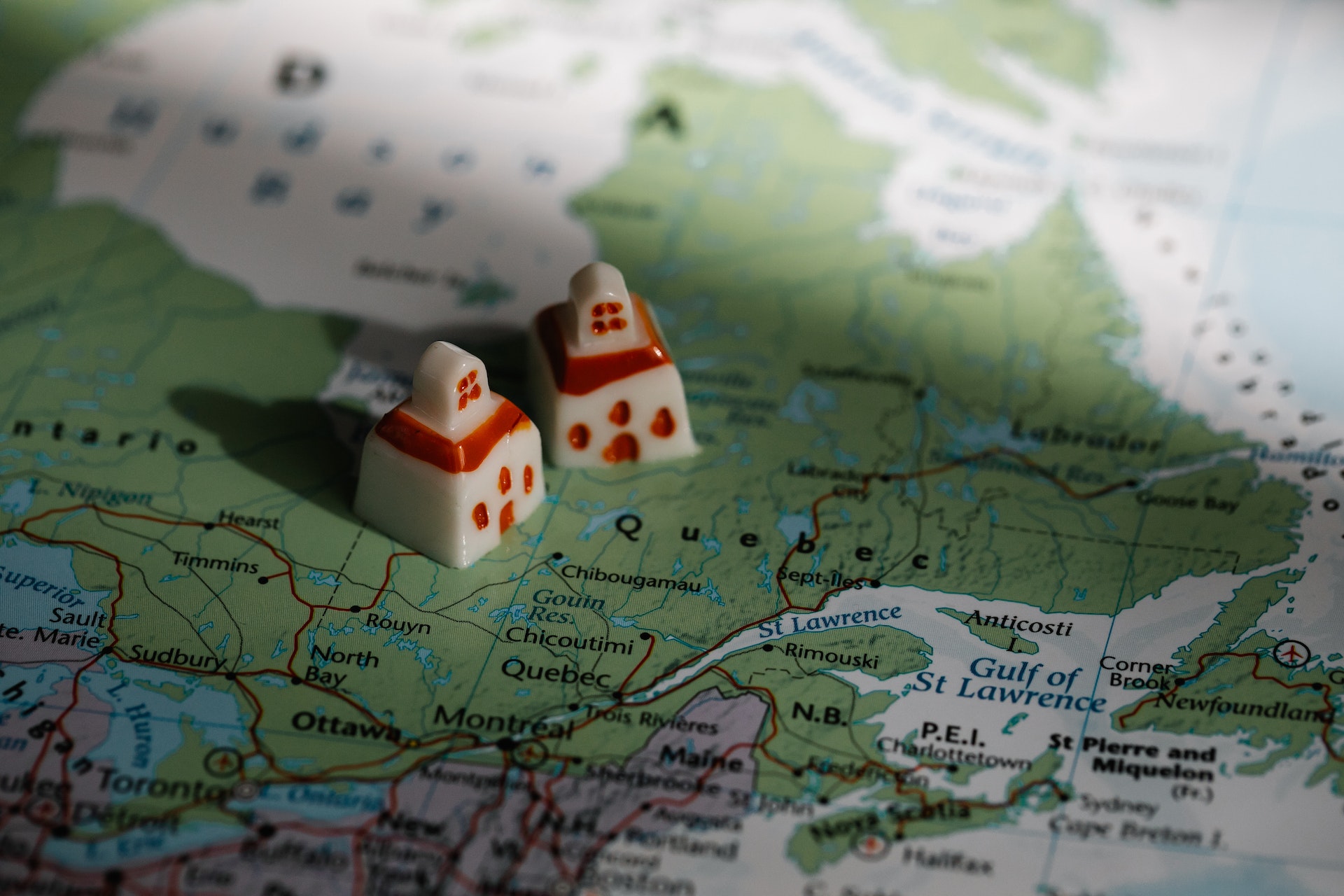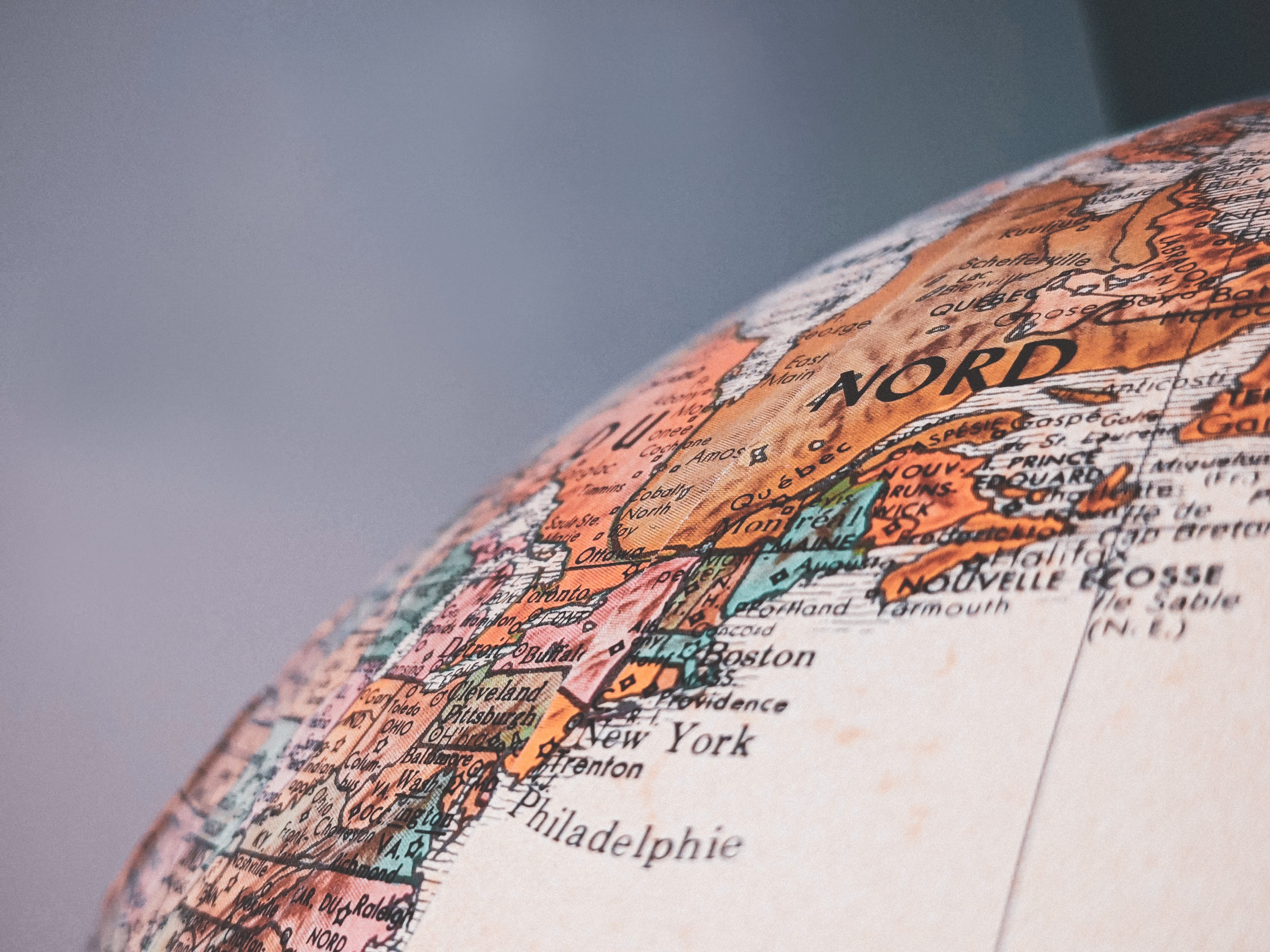If you’ve decided to learn French, you’re not alone. In fact, with 51 million speakers of French as a second language worldwide, you’re in good company! Apart from English, French is the only language spoken on five continents.
There are an estimated 300 million people capable of expressing themselves in French (2018) spread throughout the world. This means that French is useful for all facets of life, from travel to international business, as well as to the arts and philosophy.
After English, French is the second most popular language to learn in the European Union (EU). This is in large part thanks to its continued use in diplomatic organizations such as the United Nations, the North Atlantic Treaty Organization, the World Trade Organization, as well as in cultural organizations such as the International Olympic Committee and the International Committee of the Red Cross. French is used as the procedural language for the EU, and it is the only language used for deliberations at the Court of Justice for the EU.
According to Bloomberg Businessweek (2011), French is the third most important language to learn for business after English and Mandarin Chinese. As for leisure, whether you’re interested in skiing in the Alps, surfing in the Caribbean, or hiking in the dense rain \forest and seeing wildlife on the open savannah in Africa, learning French opens the door to new experiences in a rich variety of cultures. Now, with an online language learning tool like Lingvist, learning a language in your free time has never been easier. Sign up today and you can access your personalized French program while commuting, during your lunch break, or from your computer at home.
The Growth and Spread of French
The language we refer to as French today was adopted relatively recently as the “standard” version of many related dialects. In some cases, the languages spoken in regions of France before standardization were not even mutually intelligible, in which case we can’t really even refer to them as dialects of the same languages. As you might imagine, running a country of inhabitants that had trouble understanding each other could present some logistical difficulties.
The family of languages that today’s standard French is descended from originated in the north and western area of modern-day France. The regional language of the Paris area (from the langues d’oïl dialect continuum) was adopted in 1539 as the official language of France. In the coming centuries, France’s relative prominence in Europe in diplomatic and cultural spheres helped establish it as the lingua franca of educated Europe and the United Kingdom. The usage of French (or a related dialect) also persisted in the neighboring modern-day countries of Belgium, Luxembourg, and Switzerland. France, along with other countries such as England, Spain, and Belgium, participated in the rush to colonize the “New World,” spreading French to its territories in the Americas, Africa, and the Caribbean. As a result, French is still spoken in former colonies all over the world.
In which countries is French an official language?
French is an official language in 29 independent nations (de facto language), 10 dependent entities (with differing statuses), and five overseas regions of France (islands that are not a part of mainland France, but remain under the jurisdiction of the French government). In 2018, approximately 33% of the francophone population lived in Europe, 44% in sub-Saharan Africa, 15% in North Africa and the Middle East, 7% in the Americas, and 1% in Asia and Oceania.
So how likely are you to encounter a French speaker during your travels? Check out this list of French-speaking countries to help you pick your next vacation spot, and you’ll be sure to get to practice French with native speakers!
(Note that this list includes countries in which more than half of the population speaks French or that are popular tourist destinations. For a full list, see the Organisation internationale de la Francophonie’s website).
Europe

1. France
Total population: 68.99 million Percentage of the population that speaks French: 97%

2. Luxembourg
Total population: 590,000 Percentage of the population that speaks French: 92%

3. Belgium
Total population: 11.4 million Percentage of the population that speaks French: 75%

4. Andorra
Total population: 77,000 Percentage of the population that speaks French: 70%

5. Switzerland
Total population: 8.5 million Percentage of the population that speaks French: 67%

6. Monaco
Total population: 39,000 Percentage of the population that speaks French: 67%
Africa

1. Réunion
Total population: 866,596 Percentage of the population that speaks French: 88%
2. Gabon
Total population: 2 million Percentage of the population that speaks French: 66%

3. Democratic Republic of Congo
Total population: 84 million Percentage of the population that speaks French: 51%
4. Congo
Total population: 5 million Percentage of the population that speaks French: 59%
North America

1. Canada
Total population: 37 million Percentage of the population that speaks French: 29% (93% in Quebec)
The Caribbean

1. Guadeloupe
Total population: 395,700 Percentage of the population that speaks French: 84%

2. Martinique
Total population: 376,480 Percentage of the population that speaks French: 81%
3. French Guinea
Total population: 296,711 Percentage of the population that speaks French: 62%
Oceania

1. New Caledonia
Total population: 280,460 Percentage of the population that speaks French: 99%

2. French Polynesian Islands
Total population: 296,711 Percentage of the population that speaks French: 98%
Ready to start planning your next trip to a French-speaking country? Perhaps you’ve even been convinced to start planning your retirement on an island in the Caribbean with a low cost of living. Either way, signing up for Lingvist’s French course will allow you to take advantage of the full potential of your travels and navigate your time abroad by engaging with locals!




